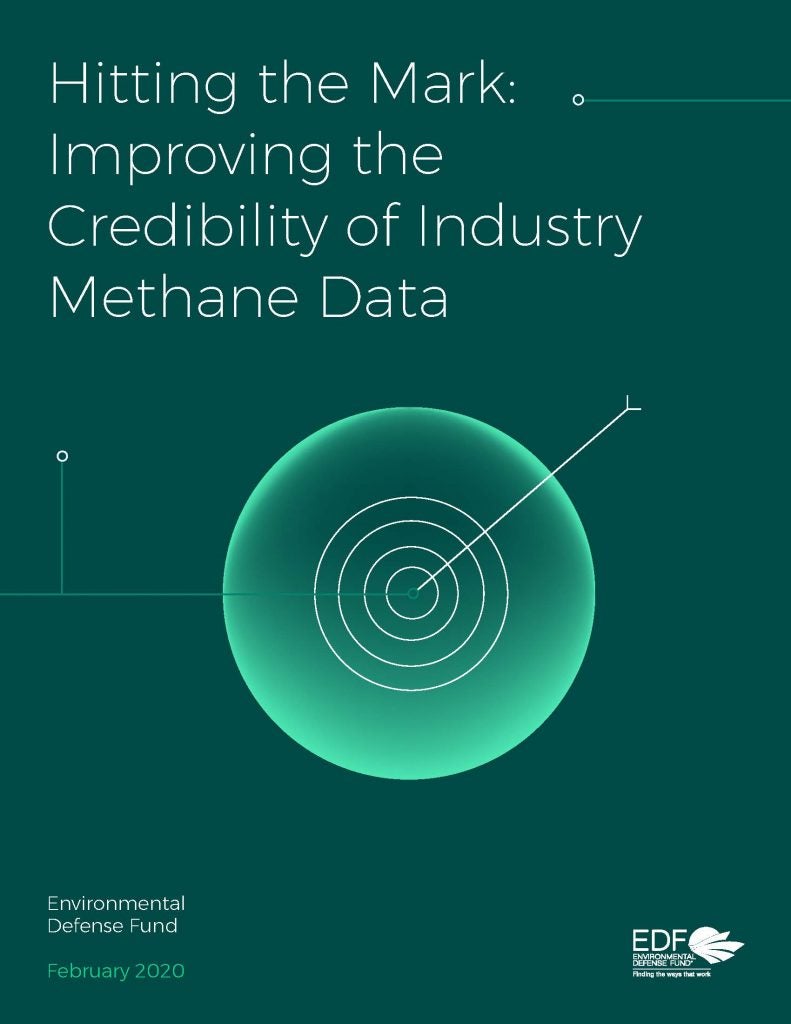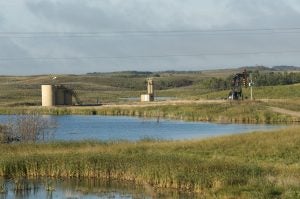 Business as usual for the oil and gas industry is over. Investor confidence is flagging just as the talent pool shrinks and competition from cleaner energy sources intensifies. Pressure on companies to respond to the climate crisis to maintain their future viability has never been higher.
Business as usual for the oil and gas industry is over. Investor confidence is flagging just as the talent pool shrinks and competition from cleaner energy sources intensifies. Pressure on companies to respond to the climate crisis to maintain their future viability has never been higher.
BP’s recent “net-zero” announcement is a case in point. And though time will tell whether BP delivers on its ambition, CEO Bernard Looney deserves credit for putting his company on the right path. It’s critically important — for the planet and the entire industry — that other energy companies meet or beat the mark of BP’s ambition, and that all turn their sights next to implementation.
As BP’s new plan changes the conversation in boardrooms around the world, energy companies that are serious about performing while transforming will need to step up in four areas. Here’s what to watch for as industry’s defining decade begins.













